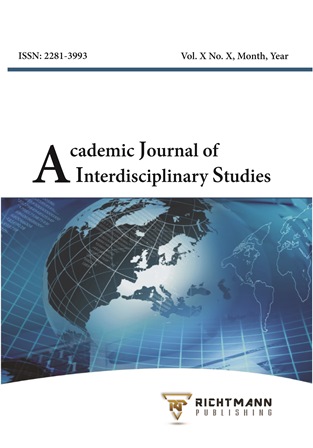Gender-Based Problems in Rural Communities: A Case Study
DOI:
https://doi.org/10.36941/ajis-2023-0019Keywords:
gender, married young, rural, sexual violence, powerlessness, divorceAbstract
This paper aims to discuss gender issues that still often occur in rural communities in particular, namely the habit of marrying young children by their parents. This habit often contains elements of coercion, child powerlessness, “sexual violence”, and deprives children of their freedom to receive education, channel their aspirations for life, and so on. This paper is the result of research in a number of villages in two provinces in Indonesia, namely: West Java and Banten. The reason for choosing the location is because in this area there are still frequent marriages at a young age, and even tend to be maintained. Data was collected by distributing questionnaires to parents who had married children aged 12 -17 years, supported by field observations, and interviews with parents. local formal and informal community leaders. The results of the study found that early marriage was influenced by various aspects, namely: poor family socio-economic background, low family educational aspirations, pressure from the social environment, and low role of local government. From each of these factors, indicators that provide the strongest contribution are identified, namely: indicators of low income levels, and lack of production capital on socio-economic background factors; indicators of low educational aspirations and the location of school buildings far from their places of residence; indicators of maintaining tradition and religion are not prohibited in terms of the social environment; and consistent indicators of the implementation of compulsory education programs and socialization of maternal-child health incentives. These indicators need to be considered in an effort to overcome the problem of young marriage, find out the causes, and convince the negative impact of young marriage.
Received: 22 October 2022 / Accepted: 30 December 2022 / Published: 5 January 2023
Downloads
Downloads
Published
Issue
Section
License

This work is licensed under a Creative Commons Attribution-NonCommercial 4.0 International License.
This work is licensed under a Creative Commons Attribution-NonCommercial 4.0 International License.








